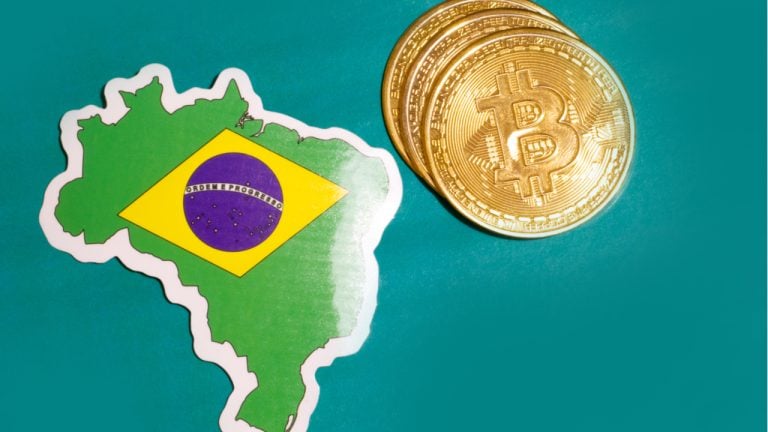
A cryptocurrency law, which had been in discussion for several months, has been approved by the Chamber of Deputies in Brazil after having shed some of the changes presented by the Senate. The proposal left out two planned tax exemptions for green mining operations and the issue of segregating customer assets from company funds for virtual assets service providers (VASPs).
Cryptocurrency Law Finally Approved in Brazil
The cryptocurrency law project identified with the number 4.041/2021, was approved by the Chamber of Deputies in its session on Nov. 29. The law project, whose discussion and approval were postponed several times due to the general elections realized last month, will now have to be ratified by president Jair Bolsonaro, who must sanction it before declaring it law.
Deputies voted to shed most of the changes that the Senate had proposed, allowing the law to be approved in a more general form, and providing the opportunity for more specific rules to be formulated later. Deputy Expeditto Neto, the rapporteur of the bill, remarked on the importance that this law has for the country. He stated:
We are voting on a historic matter. Today, the country is ahead of others when it regulates activity with digital assets. We have the support of the current government and the future government for the matter.
Per local media reports, the discussion of the law was rushed due to the unknown stance that the government of president-elect Luis Inacio Lula Da Silva would have on the matter, with some deputies claiming that the bill might find resistance with the new government, which is slated to be inaugurated on January 1.
Asset Segregation and Other Elements Left Out
An issue that was left out of the final document was the tax cut proposed to be applied to cryptocurrency mining industries that used green energy in their operations. The rapporteur of the project recognized that tax-related regulation should be defined in another bill regarding this matter.
Another challenge was the issue of customer asset segregation, which would force virtual asset service providers to separate customers’ funds from their own funds. This was one of the focal points of the discussion, with many deputies supporting it to allow users to avoid loss of funds such as occurred in the recent collapse of leading crypto exchange FTX.
The anti-segregation side prevailed, with analysts stating that not leveraging customer funds to operate might limit the portfolio that brokerage firms and other companies in the area could offer, limiting them to offering spot-based trading products. For now, the regulation of these products and what kind of warranties these firms should offer their users will have to be defined by the regulator on a case-by-case basis.
Implications for the Future
The approval of the cryptocurrency law marks a starting point for the regulation of VASPs and other companies that use crypto in the country, which will now have oversight by a regulator that will be appointed by the executive, which can be the Central Bank of Brazil or another specific institution.
Many analysts believe this is just the initial phase of this regulation, and expect the application of the law, and the rise of specific rules, to begin being implemented in the coming years. This is the opinion of Isac Costa, partner at Warde Advogados, who declared:
Perhaps the law will take up to two years to have any practical effect, which leads me to believe that its approval is a merely symbolic act.
This is because the bill was approved with very general directives, that will have to be further developed in subsequent bills. However, according to Marcelo Castro, a lawyer in digital law, the bill establishes a base that will serve to “provide subsidy for future infra-legal regulation.”
What do you think about the recent approval of the cryptocurrency law in Brazil? Tell us in the comments section below.
from Bitcoin News https://ift.tt/pW0fEZr
